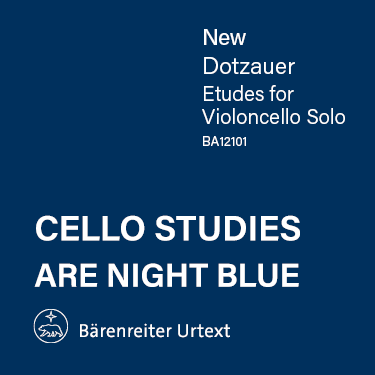Tag: David Soyer
By Janet Horvath March 18, 2022
Subjects Historical
Tags Alexander Wierzbilowicz, Alfred von Glehn, Antonio Janigro, Armenian School, Bernard Greenhouse, Carl Fuchs, David Soyer, Davidov Cello Concerto, Diran Alexanian, Enesco, Feuermann, Fournier, Franco-Belgian School, Friedrich Grützmacher, German School, Gregor Piatigorsky, Hanus Wihan, Hugo Becker, Janet Horvath, Joseph Joachim, Julius Klengel, Karl Davidov, Leo Stern, Mischa Schneider, Pablo Casals, Raya Garbusova, Russian School, Schools of Cello Playing
By Arnold Steinhardt March 4, 2014
Subjects Artists
Tags Arnold, beauty of phrasing, career, cello, cellobello, David Soyer, Guarneri String Quartet, In the Key of Strawberry, incisiveness, intelligence, Italy, Jacqueline du Pré, Marlboro Music Festival, memories, memory-inducing objects, musical world, obituary, Peter Wiley, posters, remembrance, Spoleto, Steinhardt, string quartet, students, teacher
By Arnold Steinhardt February 24, 2014
Subjects Artists
Tags Arnold, Arnold Steinhardt, artist, bold, bow control, Brahms B Major piano trio, cellist, cello, cellobello, David, David Soyer, distinctive, Ford Honors, Ford Motor Company, Guarneri String Quartet, historian, impeccable intonation, John Dalley, Marlboro Music School, Michael Tree, music, musicians, Soyer, Steinhardt, Style, Touring, Travel, tribute, University of Michigan, writer
By Guy Fishman October 25, 2013
Subjects Baroque, Historical
Tags academic, Anner Bylsma, Bach Suites, Baroque, Beethoven, Boccherini, Brahms, Carter Brey, cellists, cello, cellobello, critic, curiosity, David Soyer, dual careers, endpins, experiments, gut strings, historically-informed performance, interest, Jascha Heifetz, Matt Haimovitz, modern playing, New York, Pablo Casals, Paul Katz, performance, possibility, prominence, teachers, Vivaldi, Yo-Yo Ma
By Margo Drakos April 29, 2011
Subjects Chamber Music
Tags career, cello, cellobello, colleagues, communication, concepts, David, David Soyer, dreams, environment, experiences, goals, influences, inspiration, melody, motivation, music, opportunity, organization, practicing, Quartet, repertoire, respect, skills, Soyer, strength, string quartet, support, sustain





